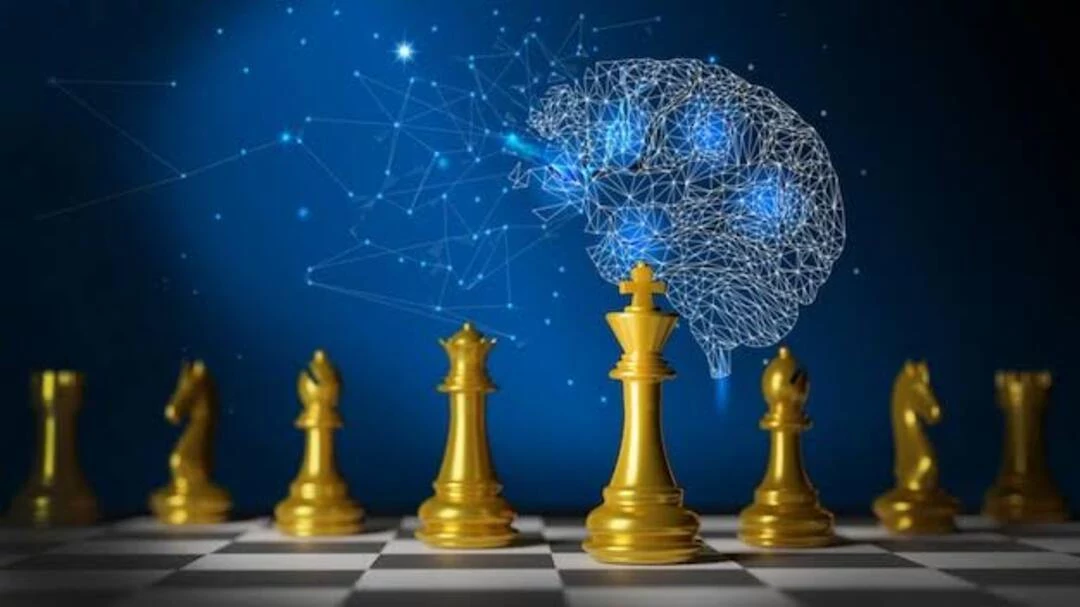
Strategic leaders are involved in creating the organizational structure, resource allocation and strategic vision expression. They operate in an environment that is ambiguous containing difficult tasks or issues influenced by situations and organizations that are external.
The primary objective is strategic production and development of an environment where employees forecast organizational needs correlating to their own responsibilities. These leaders encourage employees to follow ideas of their own in an organization. Strategic leaders make the most of rewards and incentives to encourage increased production and better quality. This in turn results in better output and performance which is very benefitting to the organization.
Strategic Leadership relates to the manager’s ability for expression of strategic vision to the organization, to encourage and motivate employees in acquiring that vision. We can also define it as strategy utilization in employee management. It influences employees and executes organizational transformation. In order to be more strategic it is vital for leaders to understand their organization’s mission. Understanding, planning and execution would be the main functions of a strategic leader.
The main goal is process streamlining, strategic production boosting, innovation promotion and cultivation of an environment which motivates employees towards production and being independent. The foster a sense of unity within the organization.
A few features of strategic leaders that are effective and result in improved performance –
Strategic leaders not only possess skills in narrow expertise rather have small amounts of knowledge about a majority of things. They also observe and reframe issues from several angles to understand underlying causes. Objectivity and potential is required to take a look at the broader picture. Its main aim is influencing members in an organization and execution of organizational transformation.
A key trait of Strategic Leadership is loyalty towards organizational vision. Powerful leaders demonstrate by their speeches and actions.
Effective leaders always update themselves regarding the current scenario of their organization. They have access to formal and informal information within the organizational walls.
A strategic leader will use his/her power wisely. They skilfully play the power game and try developing consent regarding their notions instead of forcing their notions onto others. They gradually and steadily push their ideas.
It is vital for strategic leaders to possess a passion for their work and move beyond cash and power. They should be well inclined towards reaching their goals with determination. But this being mentioned it must not be confused with neglecting self-control. Strategic leaders must refrain and control distraction and look before they leap.
A strategic leader must have a friendly nature and socialize with others. Stories of success should be conveyed and failure in advocating learning.
Understanding the views as well as feelings of subordinates is crucial for a strategic leader. Decisions must be made taking compassion and empathy into consideration.
Effective strategic leaders are very proficient at delegating responsibilities. They must be well informed that delegation will result in avoiding overloading work pressure and responsibilities. They are also well aware of the fact that providing authority of decision-making for peers motivates them. Investments that are long-term based to be weighed for growth and less pressure in getting results. When making decisions, taking into consideration the risks and trade-offs present for customers and stakeholders. Stakeholder incentives to be examined, a tolerance for transformation should be visible and the identification of conflicting interests.
The vision of a strategic leader is constantly conveyed till it turns into a component of a company’s culture. Leaders must come up with a strategy for execution of their vision. The strategy should chalk out the steps an organization is required to take. It also may suggest alterations required to be made to move from its present to desired state.
Strategic leaders gather information from a variety of sources internally and externally. They operate to forecast competitor moves as well as reactions to fresh or new products.
Exhibition of curiosity and transparency while testing different operational theories as well as involvement of others before reaching a conclusion.
Strategic Leaders create, express and passionately possess vision as well as constantly driving it towards success. Strategic Leadership consists of mainly executives at top-levels that take full responsibility of the broad strategic direction in a company. Strategy is considered as simultaneously formal and emergent which means that formal planning is required and room for evolution of the planning process. This is the imperative that a company must adhere to in order to bring strategies to life making them effective market leaders. Since, in the future companies need agility and flexibility to adapt to changing conditions in the market. They need a core foundation consistent with key competencies, a blend of formal and informal planning is required for strategic management to be effective.